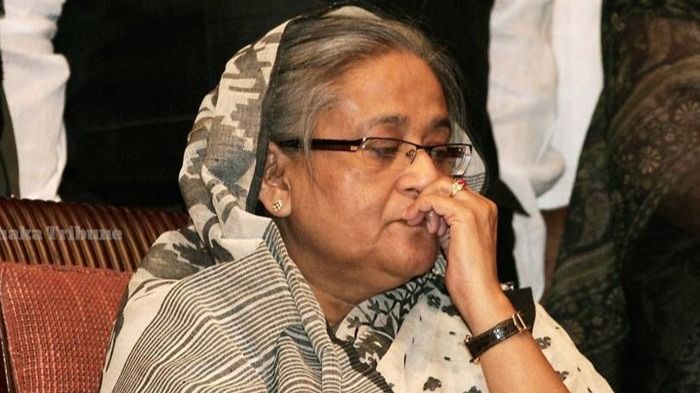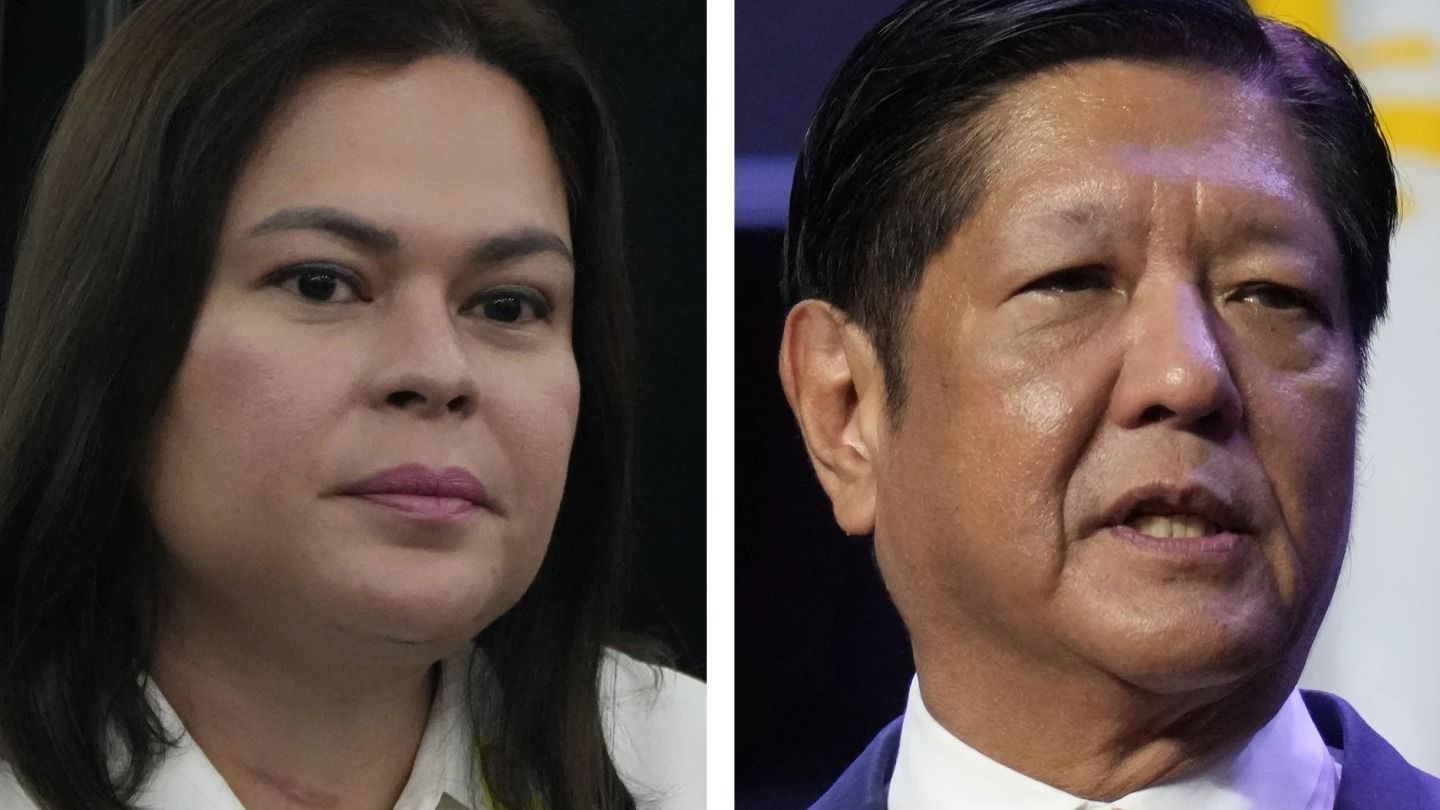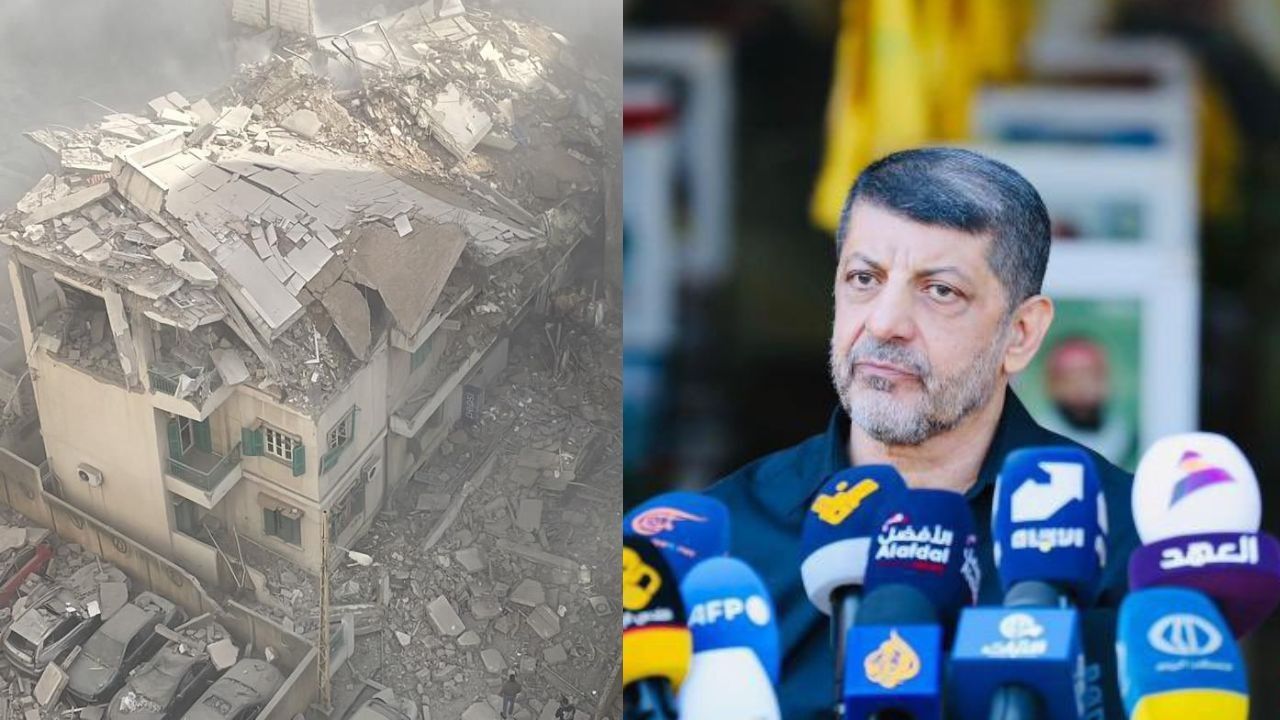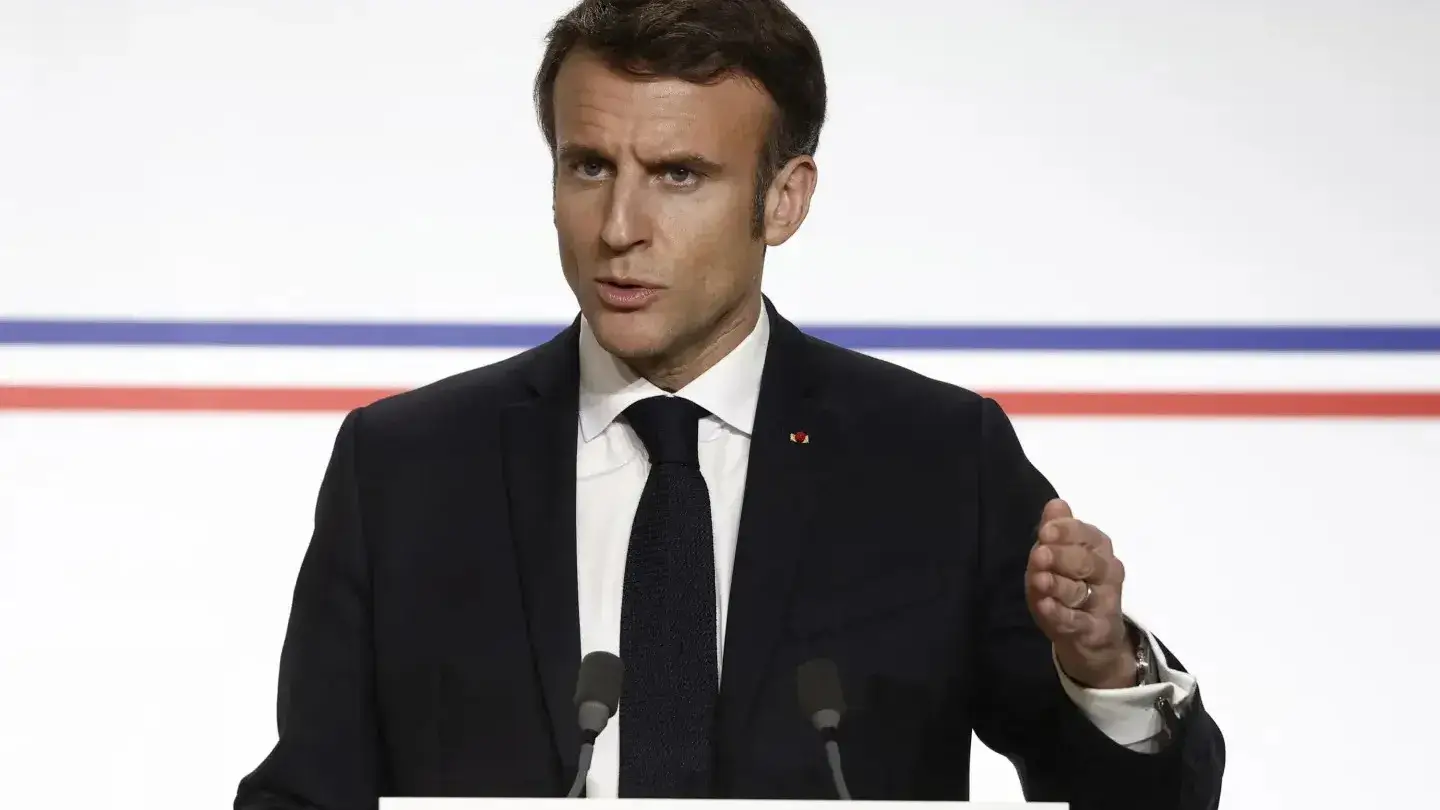Dhaka: On August 5, 2024, a turbulent and violent scene unfolded in Dhaka. Protesters climbed the statue of Sheikh Mujibur Rahman, the ‘Father of the Nation’ and leader of Bangladesh’s 1971 independence. Rahman, whose life was tragically cut short in a brutal military coup in 1975, symbolized the nation’s strength and hopes. As night fell, protesters, driven by anger and despair, struck the statue with axes and toppled it. This powerful act of defiance coincided with Prime Minister Sheikh Hasina, Rahman’s daughter, fleeing the country. She resigned and sought refuge in India to avoid a fate similar to her father’s, leaving behind a nation in turmoil and a legacy tied to her father’s enduring spirit.
What began as peaceful protests by students in Bangladesh against a quota system for government jobs eventually turned into a full-scale uprising. The demonstrations, initially focused on addressing the quota issue, quickly grew into a broader movement demanding the resignation of Prime Minister Sheikh Hasina. Hasina, who won a fourth consecutive term in January through an election boycotted by the main opposition Bangladesh Nationalist Party (BNP), faced intensifying pressure. While foreign observers from the US, Canada, Russia, the Organisation of Islamic Cooperation, and the Arab Parliament deemed the elections free, fair, and peaceful, a US State Department official challenged their legitimacy.
Months before her resignation, Hasina spoke out about conspiracies against her government. She alleged a plot by a “white man” to create a new Christian country from parts of Bangladesh and Myanmar. In May, she revealed that she was offered a trouble-free re-election if she allowed a foreign nation to build an airbase in Bangladesh.
“If I allowed a certain country to build an airbase in Bangladesh, then I would have had no problem,” she had said in May. The offer came from a “white man”, she said, but fell short of naming any country. “It may appear it is aimed at only one country, but it is not. I know where else they intend to go.”
Regarding her claim that foreign interests were focused on Bangladesh, Hasina said, “Like East Timor…they will carve out a Christian country, taking parts of Bangladesh (Chattogram) and Myanmar with a base in the Bay of Bengal.”
Hasina did not specify the country involved, but she vowed not to bow down to any pressure. She implied that her refusal of this offer was the root of her difficulties, warning of further challenges ahead. “There will be more trouble,” she had warned.
Then, Bangladeshi leaders had also claimed that Washington has shown interest in St. Martin’s Island, a remote island located in the southernmost part of the country.
Strained US Relations and Allegations
Hasina’s relationship with the US has been increasingly tense. The US, a major buyer of Bangladeshi exports, has consistently called for free and fair elections in Bangladesh. In September, the US imposed visa restrictions on members of Hasina’s ruling party and law enforcement officials. Michael Kugelman, director of the South Asia Institute at the Wilson Centre, indicated that harsher measures could follow, particularly affecting trade. The US also sanctioned former Bangladesh army chief General (Retd) Aziz Ahmed over corruption allegations, further straining relations. Additionally, there were reports of threats against US Ambassador Peter Haas, which the Bangladeshi government denied.
Russian Accusations of US Interference
The Russian Foreign Ministry accused the US ambassador to Bangladesh of planning anti-government protests in collaboration with local opposition figures. This accusation was dismissed by Washington as a deliberate misrepresentation of its foreign policy.
Following Hasina’s departure, the Bangladeshi military announced the formation of an interim government. Hasina landed at the Hindon Air Force base in India and is expected to seek asylum in London. The recent events in Bangladesh highlight deep-rooted political tensions and foreign influences. As the country navigates its future, the impact of these external relations and internal conflicts will continue to shape its political landscape.
Was Sheikh Hasina’s Ouster Linked to a Western Conspiracy? Here’s What She Claimed in May world-news World News | Latest International Global World News | Todays Breaking News Headlines




